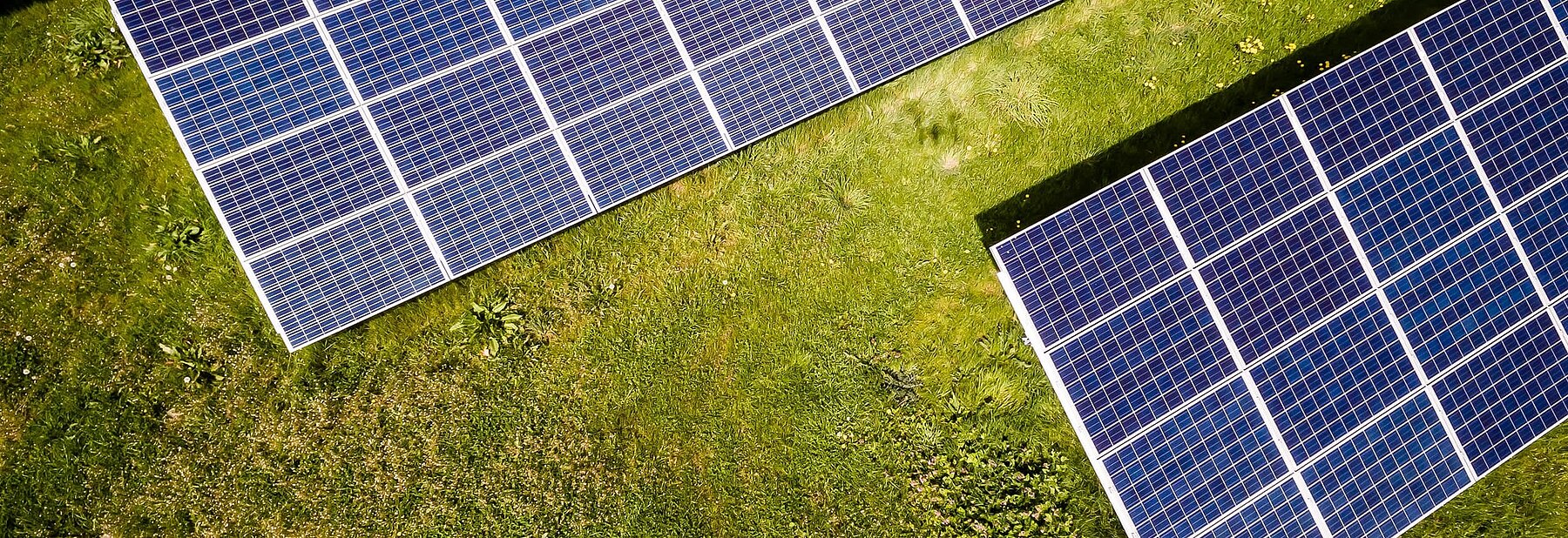

A transnational electricity trading zone is modelled in the TMO and energy scenarios are developed. The aim is to use power generation and storage technologies in the best possible way while exploiting regional potentials and sector coupling electricity-heating. The potential analysis from the previous work package is used as a basis for the possible expansion of RES in the electricity market model. The electricity market modelling is based on regional feed-in profiles.
Scenarios will be developed that include important energy policy framework conditions, such as emission reduction targets. In particular, the expansion of interconnectors is to be considered, so that regional electricity exchange across borders is possible. In order to analyze the effects of a possible TMO electricity market area, two initial scenarios for the expansion of interconnectors (transnational electricity transmission capacities) are developed. The first scenario will consider the existing expansion parameters and their forecasted values based on the “Ten Year Network Development Plan” which envisages a moderate expansion of interconnectors, especially between Germany and France. A more ambitious expansion will be assumed in a second scenario, which may lead to greater exploitation of the TMO’s resources. In a third scenario, a possible path towards phasing out various conventional technologies is examined (e.g. nuclear and coal phase-out in Germany and reduction of nuclear energy in France and Switzerland). Furthermore, we determine the self-sufficiency rate that can be achieved in the TMO market area if the renewable energy expansion targets are reached and further resources are optimally used. Based on the scenarios developed, an analysis of the TMO as an independent market area will be carried out, i.e. a spatially delimited area that is to be balanced as far as possible through the intelligent use of RES and demand side management, so that the exchange of electricity with neighbouring areas can be minimized without losing economic efficiency.
This research builds on results from the research projects DESK (Decarbonization of the Energy systems through the increased use of renewable electricity in heat, transport and industry sectors and simultaneous shut down of power plants for economic and environmental reasons) and AVerS (Analysis of generation adequacy in Southern Germany considering the European coupling of the electricity markets) led by the Karlsruhe Institute of Technology (KIT).
